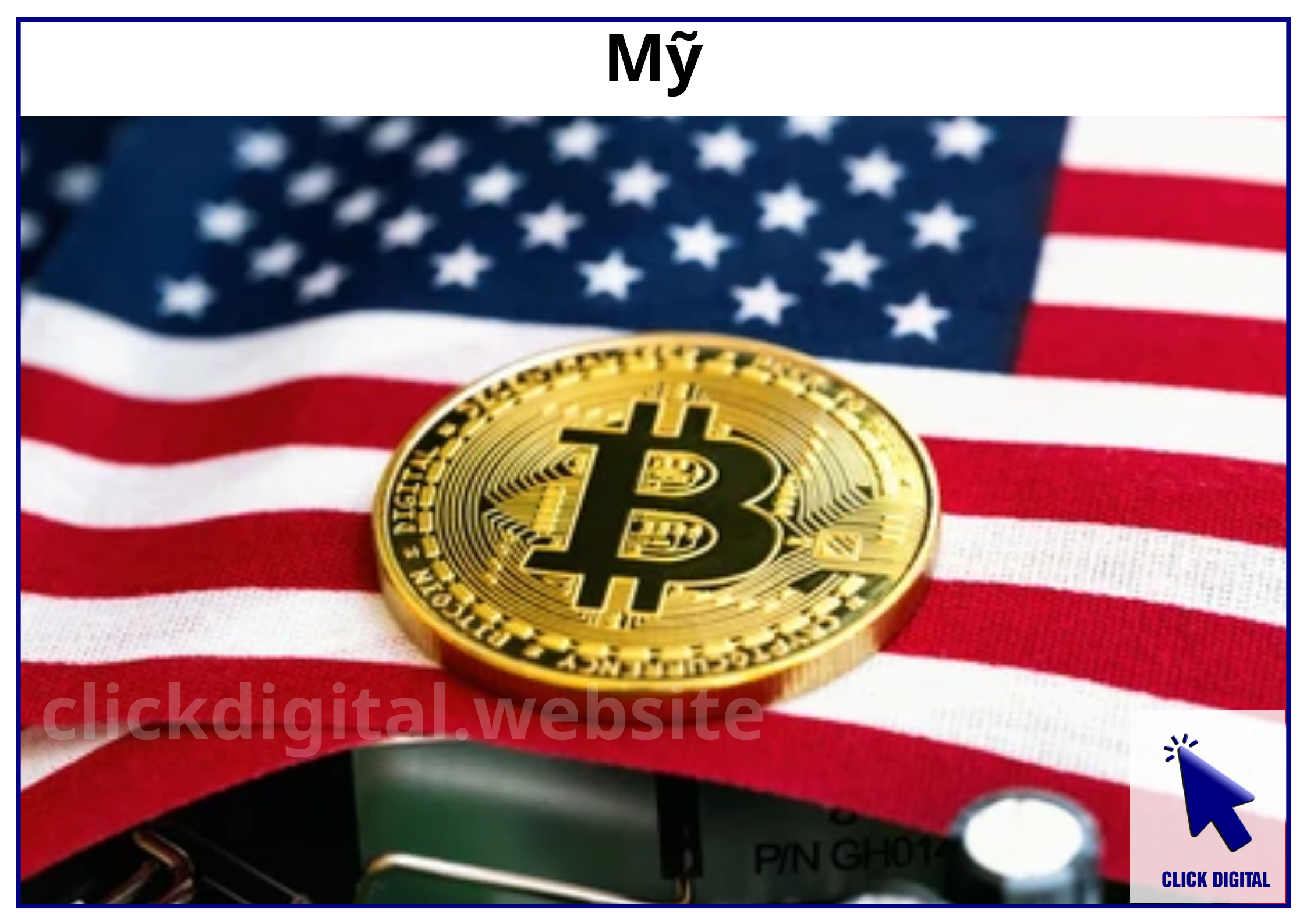Key Takeaways:
- The Trump campaign is exploring a plan to buy Bitcoin with tariff money.
- The idea is to create a crypto reserve without increasing taxes or public debt.
- This could boost global confidence in the viability of Bitcoin as a credible reserve asset.
Table of Contents
Tariff-Raising as a Financial Weapon: A New Use Case
The theory that the U.S. could purchase Bitcoin using revenue from tariffs just went from fringe theory to a political talking point, courtesy of Bo Hines, Executive Director of President Donald Trump’s campaign. Hines spoke on April 14 in an appearance alongside crypto investor Anthony Pompliano, saying the government is considering “a number of creative ways” to acquire Bitcoin—such as through income derived from tariffs.
Bo Hines
Tariffs are duties imposed on imported products, and could, according to Hines, be a way to accumulate Bitcoin — a move he called a budget-neutral approach to accumulating a portion of crypto at the national level.
This proposal isn’t just political theater. It plays to rising fears about inflation, foreign debt holdings and the U.S. dollar’s waning global power. Hines stressed that the administration’s aim in the long term is to buy and hold Bitcoin, not trade in it, and certainly not use taxpayer dollars in the process.
Bitcoin: A War Chest Against Inflation and Turbulence
Advocates claim a national Bitcoin reserve would serve as a hedge against economic turbulence, especially from overseas. With the dollar under pressure and inflation a persistent risk, Bitcoin is being seen in some quarters as a digital equivalent to gold.
According to rumors, the administration is also considering revaluing the U.S. Treasury gold certificates which are on the books at just $43 per ounce — a far cry from the current real gold market price of $3,200. If revalued, this would mean having a large paper surplus to use to purchase Bitcoin, without selling any gold. The goal is to build up the U.S. crypto reserves, while sustaining financial stability and avoiding new debt.
That would be an extreme departure from the federal government’s longstanding approach. The U.S. has historically favored allowing private markets to set the rules in crypto. But now, in the Trump-aligned vision, it could contribute by creating a federally managed Bitcoin reserve.
Worldwide Signals: A Potential Shake-Up For the Crypto Scene
A large-scale Bitcoin purchase by the U.S. could trigger seismic shifts in global crypto markets. Rumors have already been swirling following the announcement, and if a strategy like this were to be pursued, it could lead to a massive realignment of market confidence and global policy around crypto.
Examples already exist. El Salvador famously deploys Bitcoin as legal tender, with the president Nayib Bukele publicly accumulating for the country’s treasury. If the U.S. did follow suit — even to some degree — it could legitimize such efforts and embolden other governments to consider similar tactics.
Investor sentiment has responded in kind. Bouncing back to $85,505 after dipping to $75,000 amid speculation about new tariffs, Bitcoin is showing signs of optimism against government interest. Even short-term technical indicators are pointing to some bullish momentum, though short-term resistance remains near the $88,000 level.
Corporate America Has Already Started Buying In
When it comes to treating Bitcoin as a treasury asset, public companies have outpaced governments. In its Q1 2025 report, Bitwise states that 79 public firms have obtained 688,000 BTC, worth around $57 billion. This accounts for 3.28% of Bitcoin’s total supply, with a quarter-over-quarter growth in holdings of 16.91%.
Major players include:
- MicroStrategy (MSTR) with 528,185 BTC
- MARA Holdings (MARA) with 47,531 BTC
- Riot Platforms (RIOT) with 19,223 BTC
- CleanSpark (CLSK) with 11,869 BTC
- Tesla (TSLA) with 11,509 BTC
These purchases are not only expressions of exuberance, they are also a calculated hedge — one that the federal government now appears prepared to replicate. MicroStrategy, for example, just increased its holdings in Bitcoin to more than $7.8 billion, and GameStop has secured $1.5 billion to explore similar strategies.
Regulatory Support and Political Will
The developing plan in the U.S. aligns with the BITCOIN Act of 2025, introduced by Senator Cynthia Lummis, which proposes the government buy up to 1 million BTC. The legislation would allow purchases using seized crypto or alternative financing—not taxpayer dollars.
Both Commerce Secretary Howard Lutnick and Treasury Secretary Scott Bessent have expressed support, boosting the proposal’s credibility. The White House is expected to unveil a digital assets strategy this summer, focusing on regulation of staking, tokenization, and the global promotion of stablecoins backed by the U.S. dollar.
However, the plan faces legal challenges. The Trump administration’s tariff policy—and spending those revenues on crypto—could trigger retaliation or legal issues, especially from China and Japan.












